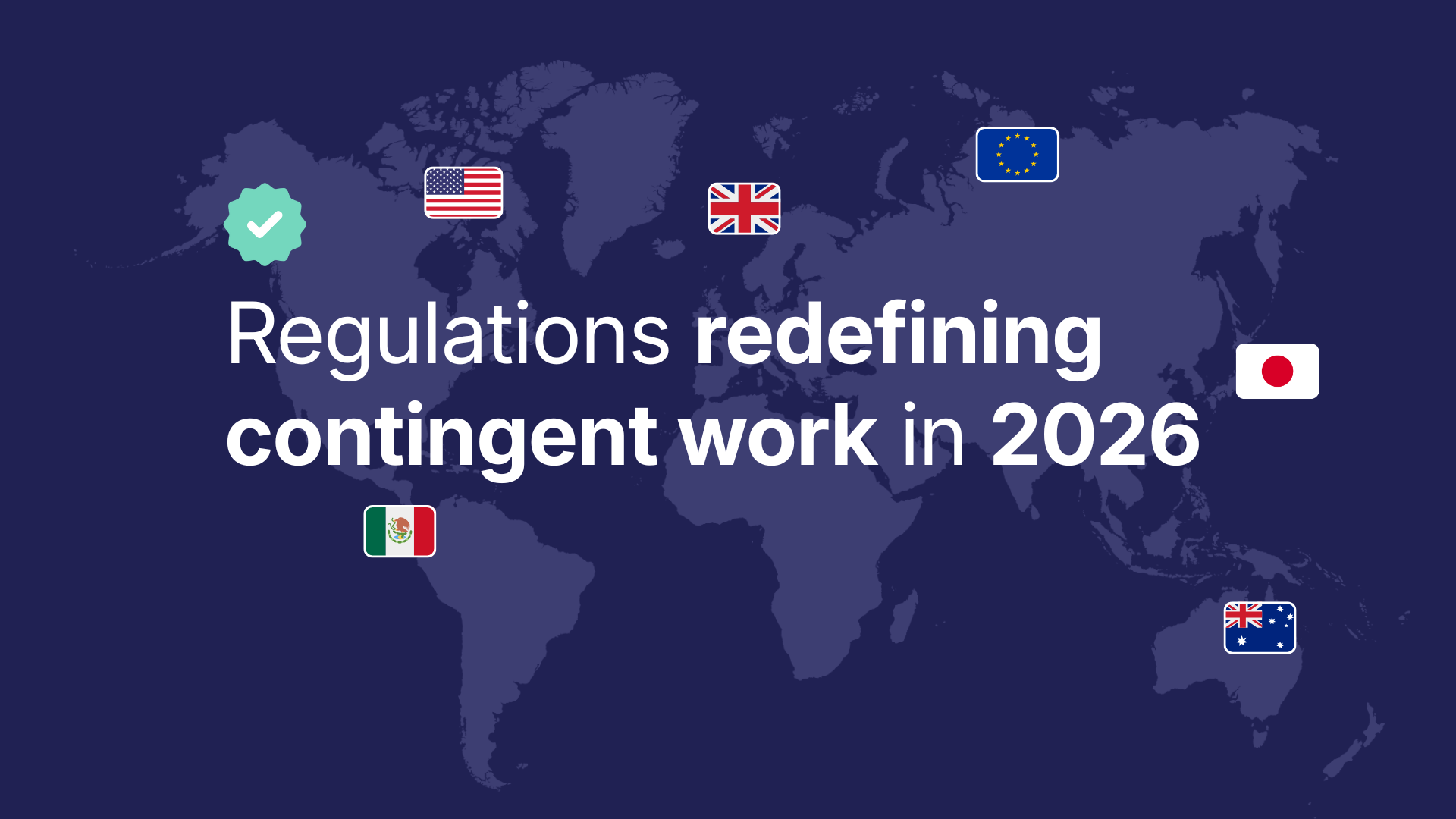Research conducted by the Open University* found that organisations have spent more than £6.6 billion on recruitment fees, increased salaries, temporary staff and training to help bring the skills of those hired at a lower level, up to scratch in 2020. This is up from £4.4 billion in 2019.
Just over half (55%) of organisations struggle to find employees with the right skills, with 56% of organisations struggling with a skills shortage within their business.
Three in five (61%) organisations say that they are not as agile as they need to be because of shortfalls in their skills.
Nearly three in five (57%) remain uncertain about what the future holds for their organisation.
Nearly two thirds (63%) of organisations ceased filling vacant roles because of uncertainty brought about by the pandemic. When recruiting the report found 49% recruited at a lower level than intended, to then top up their skills whilst in the role. 44% spent more on recruitment than they intended with employers spending £325 million more on recruitment fees.
Smaller businesses are feeling the strain, with 68% stating skilled workers are employed by larger competitors as they are able to offer higher salaries.
More than 51% believe larger organisations monopolise the best talent, snapping them up and offering higher salaries.
Additionally, 55 percent of small businesses say their organisations cannot afford to pay recruitment fees, which leaves them with a smaller pool of talent, sourced through advertising or word-of-mouth.
The report also asked respondents to think about the last time they struggled to recruit due to a skills shortage, what skills were applicants lacking?
- 19% soft / human (team working) skills
- 34% Managerial (decision making) skills
- 34% Leadership (dependability) skills
- 26% IT (zoom proficiency) skills
- 24% Technical/operational (data analysis) skills
- 20% Industry-specific skills
Technology doesn’t stand still, so neither should the way companies recruit talent. Although many organisations are facing a skills shortage, employers have a great opportunity through platforms like YunoJuno, to get access to an incredible pool of talent with the right skills they need. With £1.2 billion spent on temporary staff in 2020, an increase of 45% year on year, have you thought about hiring a freelancer to help with the skills shortage in your organisation?
Whether it be for a large scale project or a start-up idea, freelancers bring innovation, experience and the right skills and tools to get the job done.
______
Join YunoJuno today
______







